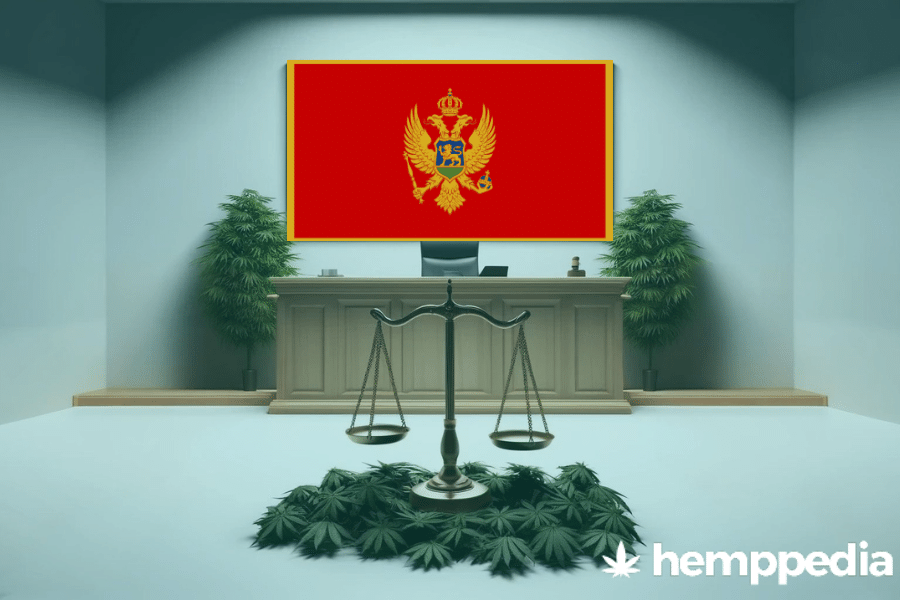In today’s post, we’re going to delve into the legal status of CBD, or Cannabidiol, in Montenegro. While the CBD wave seems to be surging around the globe, each country and region still have unique legislative nuances and regulations pertaining to its use and distribution. This article aims to provide comprehensive insight into the legal situation of CBD in Montenegro.
TL;DR
As of right now, there is no specific law in Montenegro that explicitly legalizes or prohibits the use of CBD products. However, CBD is generally considered legal if it is derived from hemp and contains less than 0.2% THC content. It lines up with the tolerance limit set by many European Countries. Nevertheless, owing to the lack of a clear legal framework, it is suggested to exercise caution while purchasing or using CBD products in Montenegro until a more explicit law is enacted.
For a brief overview, let’s consider the following table:
| Legal Aspect | Status in Montenegro |
|---|---|
| Usage of CBD | Generally Considered Legal |
| Possession Limit | Not Specified |
| Difference from THC-containing Product | THC Content Must Be Less Than 0.2% |
Overview of CBD Legislation
Key Terms and Legal Landscape
CBD is a non-psychoactive compound found in cannabis plants. The legality of CBD often depends on its source. Generally, CBD sourced from hemp is legal due to its negligible THC content, compared to CBD sourced from marijuana, which may contain higher THC levels. THC or Tetrahydrocannabinol is the psychoactive component in cannabis that gives users a “high”.
As of now, most European countries, including Montenegro, follow general EU guidelines for hemp-derived CBD products, which permits items with a THC concentration of less than 0.2%.
Regulatory Bodies
In Montenegro, hemp cultivation and production are regulated by the Ministry of Agriculture and Rural Development. However, a specific regulatory body overseeing CBD products is not yet in place.
Conditions and Restrictions
There is currently a lack of specifics surrounding usage restrictions and certification or labeling requirements in Montenegro.
Historical Context
The legal history of CBD in Montenegro is still largely unwritten. While hemp farming is permitted for textile and industrial uses, explicit laws or guidelines surrounding CBD extracted from hemp are limited.
Possession, Use, Cultivation, and Sales
Without specific guidelines or laws, the regulation around the possession and use of CBD products in Montenegro remains unclear. Similarly, while hemp cultivation is legal, the extraction and production of CBD are not explicitly addressed in the country’s legislation.
Importing or exporting CBD products to and from Montenegro should be done with extreme caution and research, considering the lack of clear legislation.
Enforcement and Penalties
With no explicit laws on CBD’s use and distribution, penalties and enforcement mechanisms are also not clearly defined in Montenegro.
Comparative Analysis
Compared to its European neighbors, the legislation around CBD in Montenegro is largely undeveloped, mirroring the situation in countries like Bulgaria and Romania. In contrast, countries like Germany and the United Kingdom have clearer rules and regulations about CBD use and sales.
Conclusion
The legal framework surrounding CBD usage in Montenegro is currently lacking clarity. While it is generally accepted if it follows the 0.2% THC guideline, concrete legislation is necessary to provide definitive guidance for consumers, merchants, and healthcare providers. As the global trend moves progressively towards CBD regulation, it is hoped that concrete laws and guidelines will emerge in Montenegro in the near future.





